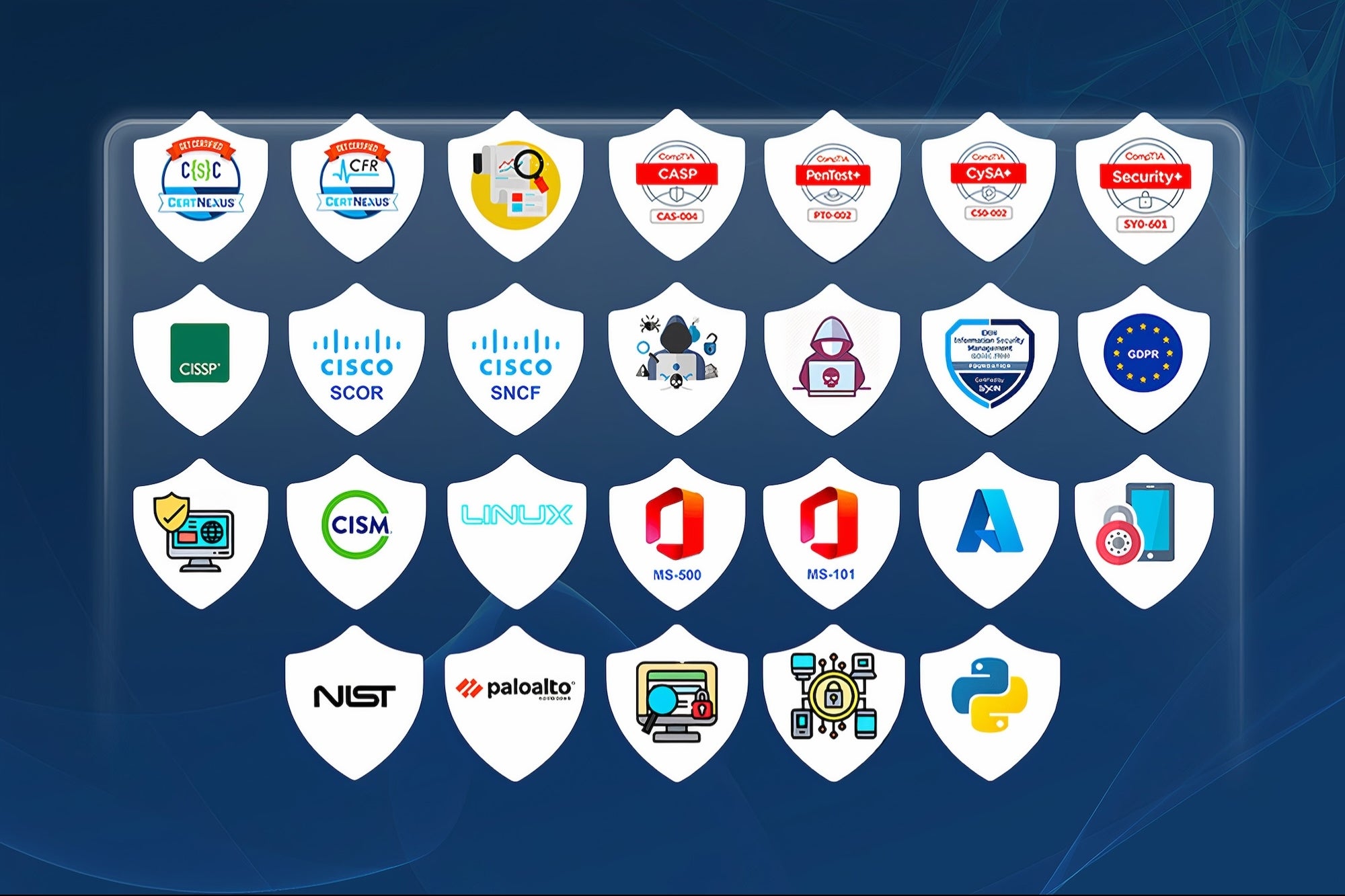Understanding a Business Valuation Knowing what exactly a business valuation is as well as its components isn't easy. Here's a straightforward rundown.
This story originally appeared on Sageworks
It has come to our attention that many accountants, entrepreneurs and other professionals are interested in expanding their firm by adding a business valuation practice, however there isn't much existing easy-to-understand literature on what exactly a business valuation is as well as its components.
A business valuation is a set of processes and procedures used to determine the economic value of an entity or set of assets. Platforms like Sageworks Valuation Solution can simplify the process of valuing a company.
There are standards and premises of value that the business valuation professional must establish at the beginning of the engagement. Examples of standards of value include fair market value, which is the price that an asset would obtain in an open marketplace, and fair value, which reflects the investment value that a specific investor can obtain through cost synergies. The two primary premises of value are going-concern, which assumes the company will continue to operate indefinitely, and liquidation, which is the value of an entity's physical assets if it were to go out of business.
The first part of a business valuation involves collecting the necessary documents from the client. These may include:
- Historical financial statements
- Tax returns
- Customer lists
- Vender lists
- Articles of incorporation/organization
- Depreciation schedules
The valuation professional then conducts industry and economic analyses, as well as a comprehensive financial analysis of the company.
There are three primary approaches that a business valuation professional must consider using during a valuation engagement. These are the Income Approach, Market Approach, and Asset Approach. Each of these approaches has multiple methods that can be used to value a business. For example, within the Income Approach, a business valuation professional can choose to use a capitalized cash flow method, the discounted cash flow method or the capitalized excess earnings method. It is up to the appraiser's "professional judgment" as to which of these methods to use within each approach, and how much weight to apply to each.
After the valuation professional determines a preliminary value for the entity, they must determine whether a discount for lack of marketability ("DLOM") and/or discount for lack of control ("DLOC") should be applied to the preliminary value. Privately held companies do not have an open market on which to be traded, and are therefore not as "marketable" as publicly traded entities. For this reason, valuation professionals working with privately held companies will often apply a discount to the calculated value to account for the difference between the amount one would pay for a highly marketable asset vs. one that is not readily marketable. Likewise, investors are less likely to pay as much for a non -controlling interest than they would for an interest that allows them to control the entity.
If you would like to find out more information about adding business valuations to your firm, visit sageworks.com/valuation.










